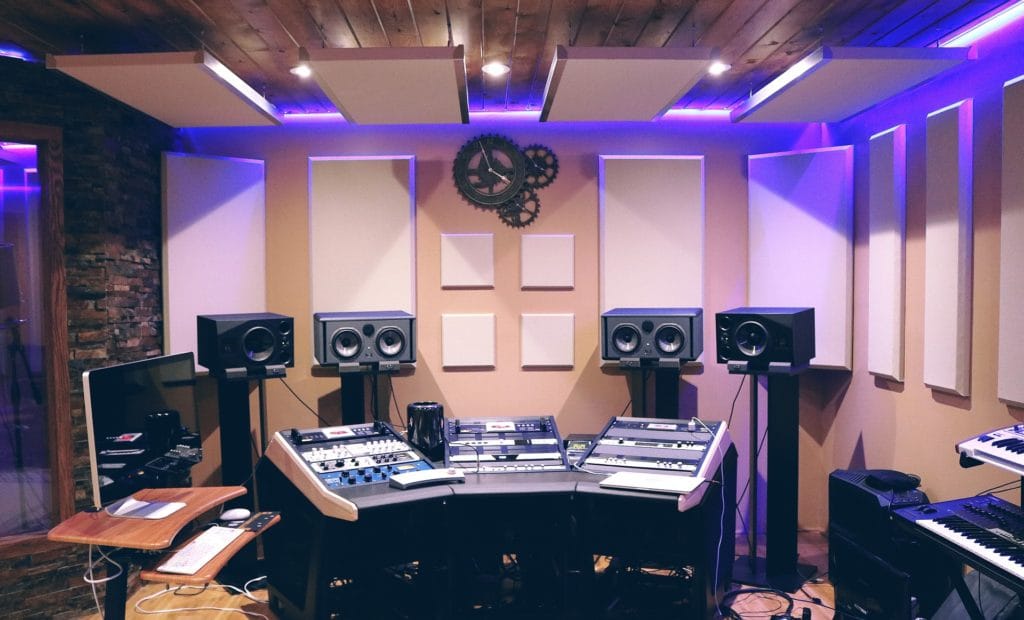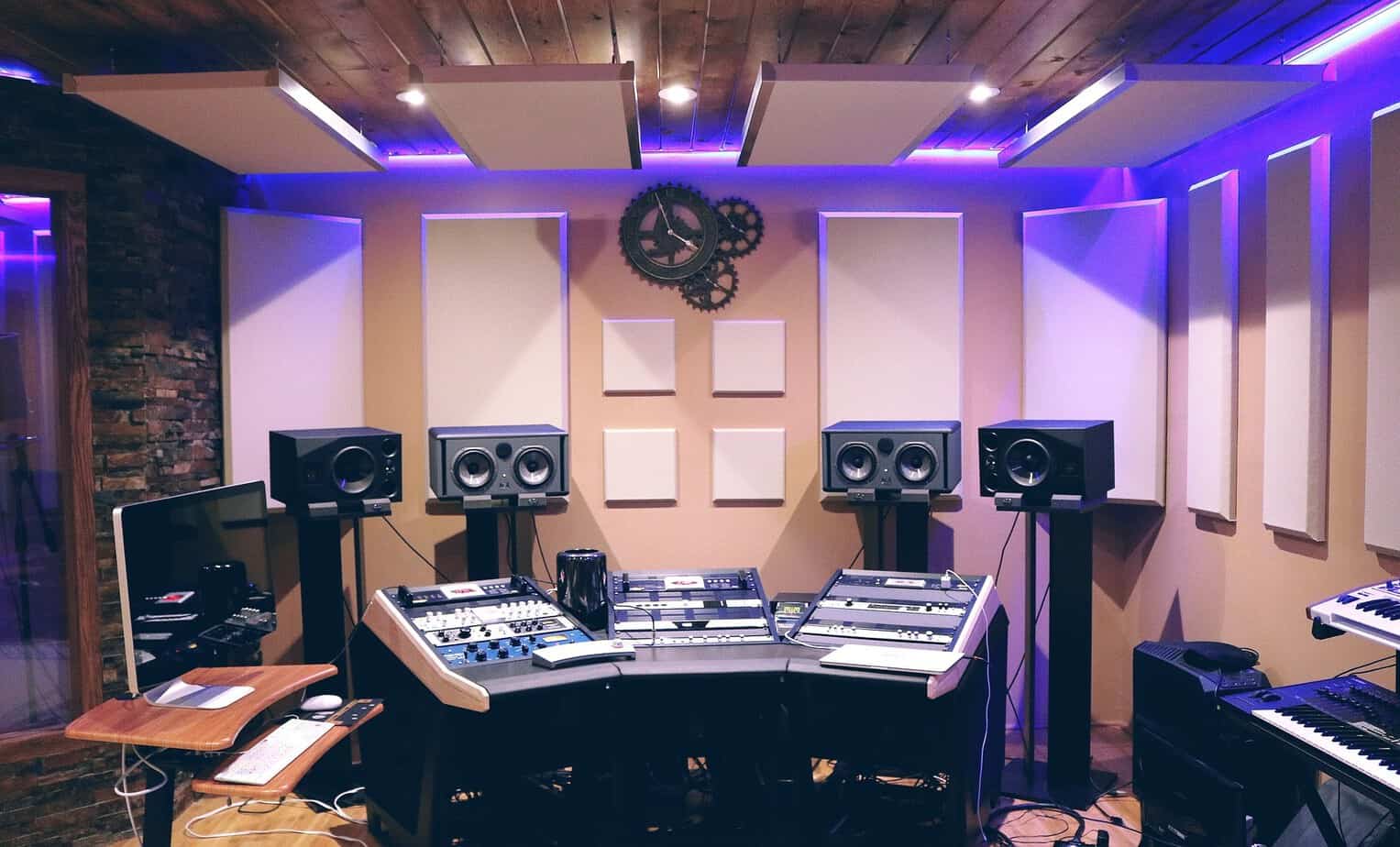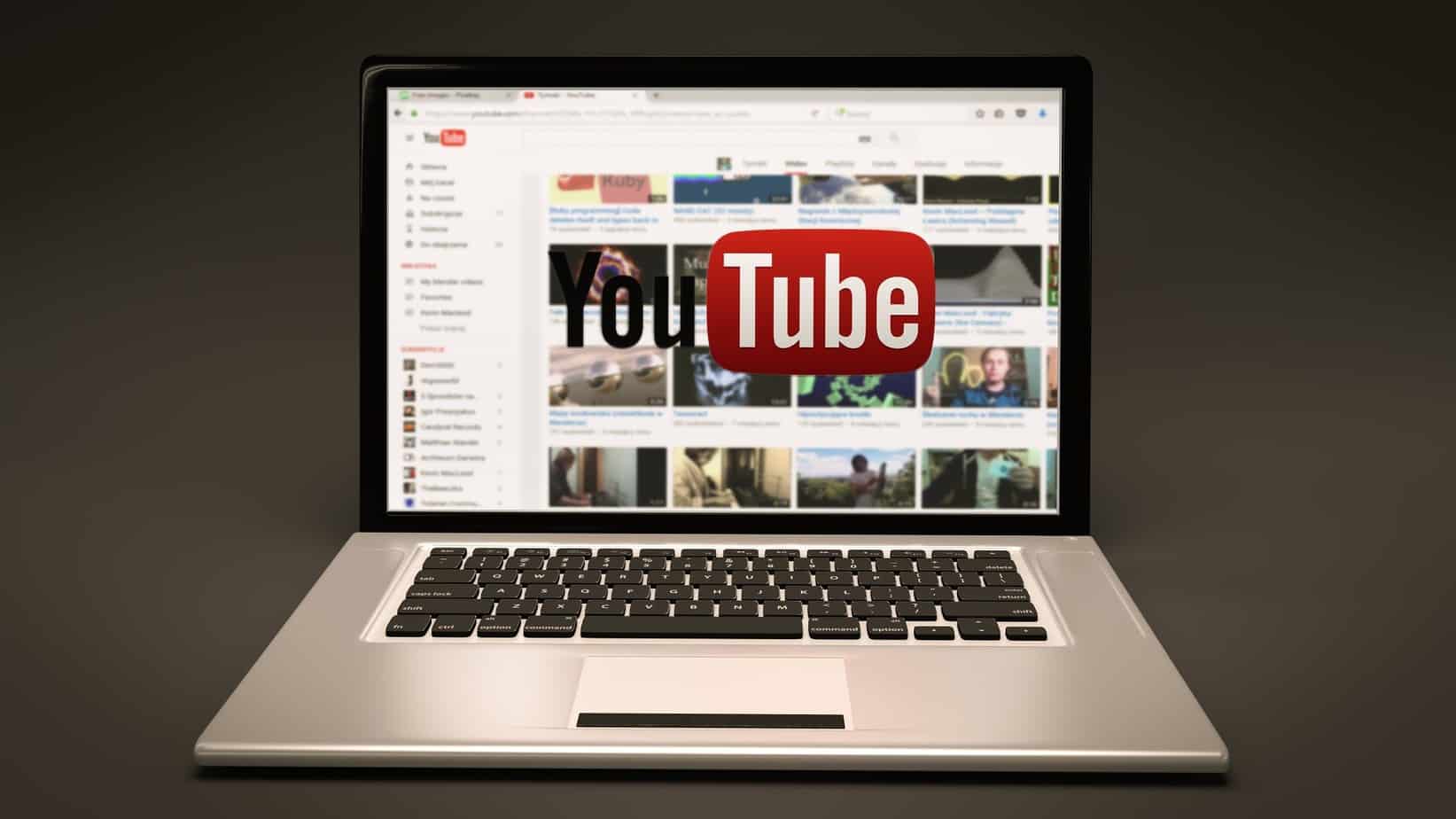Podcasts were a big deal last year, and this year there are plenty of predictions that they will come through with even more popularity. Podcasting’s ubiquity and popularity have come as a result of its supposed cheapness. Unlike becoming a YouTube influencer, recording at home doesn’t require video kit, lighting or training on fiddly video editing software. Even though it’s advised you learn how to edit audio software, this is comparatively easy, depending on how snappy you want the end result to be.
With that in mind, there are still a number of things to bear in mind when it comes to starting a podcast. It’s easy to be over-confident with putting your content out there, but being prepared is the best start you can make first.
Find your passion
There’s realistically no point in starting a podcast for the sake of starting one. Finding a topic you have expertise in or strong opinions on, is the best way of ensuring your voice has genuine authority. Real passion behind a podcast theme also ensures the longevity of your series. If you begin a podcast on marketing, when you don’t really care about marketing, means you will soon find yourself running out of things to say and not caring about the end product.
Research your equipment
It’s likely that you will have heard people saying it’s ‘easy’ to start up a podcast. That said, the quality of what you’re working with will have an effect who will listen to it. If your podcast is recorded on an old microphone, and you or your guests spend the entire episode speaking far too close to it, then people may tune out because they find it difficult to listen to.
Pop filters help reduce hard sounds like ‘p’ and ‘t’ from making a popping sound, which can be offensive to the ears if turned up loudly. You will also soon learn the valuable lesson of staying just the right length away from the microphone so that you don’t burst your listeners’ eardrums.
While it can be tempting to buy the best-looking microphone for the cheapest price, it’s advisable to listen to some tests first. If it won’t just be you speaking on the podcast, deciding on whether to use one microphone or shell out on two can only be decided by listening to the quality of the microphones you’re looking at. If the sample illuminates the fact it doesn’t pick up distant voices well, then you’ll need to reconsider your choice. It's advisable to do some research on the best mics for recording, before making any hasty purchases. There are plenty of helpful sites and YouTube samples to guide you through each brand.

Buy the necessary equipment
If you’re a podcaster doing this out of your own budget and with your own time, shelling out for a microphone, mic stand and pop filter can feel like a strain on your personal finances. However, to really get going and have your series released as soon as possible, you are going to need the equipment for immediate use. A company like Bonsai Finance loan to cover the cost of your endeavor can make the initial set up phase feel like less of an ordeal.
Along with buying your equipment comes the process of training yourself up on the software. If you don’t have the funds to have someone do this for you, then you will need to take some online tutorials or have a day or two of figuring your new software out for yourself. Reaper has a free trial period, and Audacity is completely free to use. Trying the software out by doing some practice recording is essential as a lot of the advice online can be a little contradictory.
Be available on all platforms
Once you start picking up regular listeners and hopefully some interest on platforms like iTunes and Spotify, people will want to share and chat about your podcast. Word of mouth is such a vital promotional tool in the podcasting world, that being easy to find is essential. Ensuring that you can be easily searched for on all the big social media platforms such as Instagram, Twitter and Facebook helps interested listeners communicate with each other and tag friends who might be interested.
Being invisible on the internet is never recommended, particularly as you’ll have to be your own marketing agency for a while. If social media is relatively alien to you, online courses such as Facebook Blueprint are a good place to learn the basics.
Reach out to other podcasters
Networking, seen as a necessary evil for some, is not only useful to gain listeners, but also to gain tips. If you’re just at the beginning of your journey, listening to other people who have made your mistakes or are a few steps ahead can have invaluable advice. The best places to meet other podcasters are at presentations or talks about podcasting. You’ll also likely meet people who are just starting out like you, which can be hugely comforting when you don’t yet know what to expect
Find a reliable co-host
If you don’t want to travel your podcast journey alone, then finding a co-host can create some lively banter and keep listeners amused as you talk about the topic at hand. The reason you set up a podcast in the first place might be down to the fact that you and a friend had a bright idea and can’t wait to see it materialize as a full-length series. However, if you’ve looped somebody into your idea and they don’t seem 100% committed, you will need to talk it out. You will also need to ask yourself if you’re happy to do this alone and for how long.
It’s an exhilarating time in the podcasting world, and starting now could be a positive venture for both you and whoever you decide to podcast with. Your passions should never be left idle or go to waste, and it’s never been a better time to have a voice. Doing your research, asking for help and experimenting are the best things you can do before you launch your first podcast.






